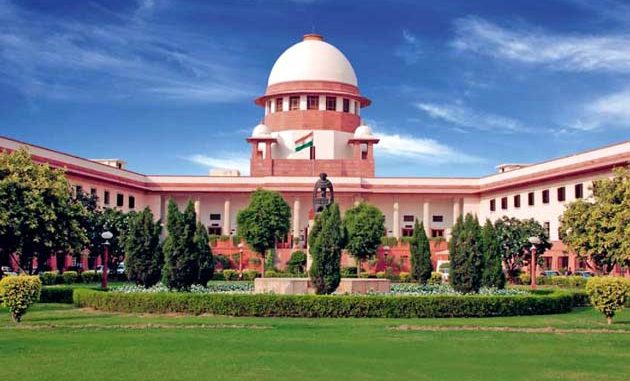Article 142 is a sword that cuts both ways and gives the SC power to override the procedural framework of laws.
A question that has often been debated and discussed with no definite answer is “to what extent can Article 142 of the Constitution be invoked by the apex court in tax cases”?
Article 142 of the Constitution, as it is popularly described, is a power entrusted by the Constitution upon the apex court to pass any order or decree to meet the ends of justice. The provision has been interpreted to be flexible and versatile in nature and gives the apex court the power to pass any order or decree which it feels is necessary and essential. What is unique about Article 142 is that the provision gives power to the apex court to override the procedural framework of laws in its endeavor to achieve the larger goals of life and liberty. This provision has been used by the apex court by reading it extensively with Fundamental rights and Directive Principles of State Policy to protect the life and liberty of its citizens and subjects. It has also been used to bridge the socio-political and socio-economic divide and issues that often occur in the Indian legal landscape. Prominent examples where indulgence under Article 142 has either been achieved or sought is the “Ram Janmabhoomi case” and “issue of money deposited in the foreign banks by Indian Citizens (Ram Jethmalani & Ors Vs. Union of India)”.
But can Article 142 be used by the court to ensure homogeneity in the application of tax decisions upon the taxpayer? This question becomes significant in the context of the Tax Department’s stand in vogue of seeking indulgence of the apex court under Article 142 to re-open past cases and modify past decisions based on recent developments in the law. These are cases that have attained finality, but later overruled in the case of another taxpayer by a larger bench. These instances can be observed more often in the cases where a bench for one set of taxpayers has allowed a tax benefit or exemption, but the same has been withdrawn by a larger bench at a later point of time in the case of another similarly placed taxpayer.
On the maintainability of such an application itself, questions are being raised. These applications are being opposed claiming they are devices employed not to meet the ends of justice, but to reopen past cases in the light of a later development in law. Can a dispute or a claim (popularly known as lis) that has already been decided between two parties by the apex court be reopened on the entitlement of homogeneity in the application of justice? If not any other reaction, it does bring a sense of insecurity in the minds of a large number of taxpayers who are enjoying the fruits of a hard-earned favorable decision passed by the apex court.
However, the time is ripe for the apex court to lay down a definite law on this aspect as the Indirect Tax regime in India has undergone a quantum change and the courts are burdened with legacy litigation issues. The decision on the maintainability of such applications will play a huge role in deciding how such issues will be dealt with by the apex court in future. It may be believed by some as an effective strategy that will bring closure to cases but somewhere such actions may trigger a chain reaction where the decision under Article 142 may eventually lead to sprouting of secondary disputes such as injunction on recovery proceedings etc which may end up burdening the Writ Courts all over India.
Also, the indulgence of the apex court to such applications may open the flood gates for many similar situations to reach its doorstep. An inevitable situation which comes to one’s mind are issues of re-assessments in the realm of Sales Tax and Value Added Tax, where settled assessments are opened, based on the ruling of the apex court. The indulgence of the apex court in Article 142 will directly play a role in deciding the litigating strategy in such cases.
Thus, to conclude, Article 142 is a sword that can cut both ways and seeking its indulgence in tax cases must be done with the greatest of care considering all aspects and consequences that might fall from it.
Aditya Bhattacharya & Mounica Kasturi work as Joint Partner (Litigation) and Senior Associate (Litigation) at Lakshmikumaran & Sridharan, Attorneys, New Delhi.

